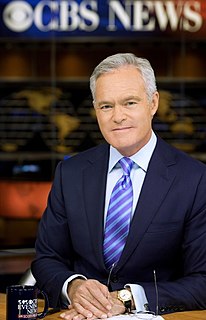A Quote by Hershel Shanks
As long as I'm giving a little hype, I can't resist saying that Elie [Wiesel] has also written a number of pieces for Bible Review, for which I serve as editor.
Related Quotes
Elie Wiesel says that the greatest evil in the world is not anger or hatred, but indifference. If that is true, then the opposite is also true: that the greatest love we can show our children is the attention we pay them, the time we take for them. Maybe we serve children the best simply by noticing them.
I was co-editor of the magazine called The Jazz Review, which was a pioneering magazine because it was the only magazine, then or now, in which all the articles were written by musicians, by jazz men. They had been laboring for years under the stereotype that they weren't very articulate except when they picked up their horn.
Awarded the Nobel Peace Prize in 1986, Elie Wiesel is also the author of more than 40 books. As relevant as anything to today's discussion are the insights into the Biblical texts that are contained in his lectures and books. They include Messengers of God [1976], Five Biblical Portraits [1978] and his just-published Wise Men and Their Tales - Portraits of Biblical, Talmudic and Hasidic Masters.





























